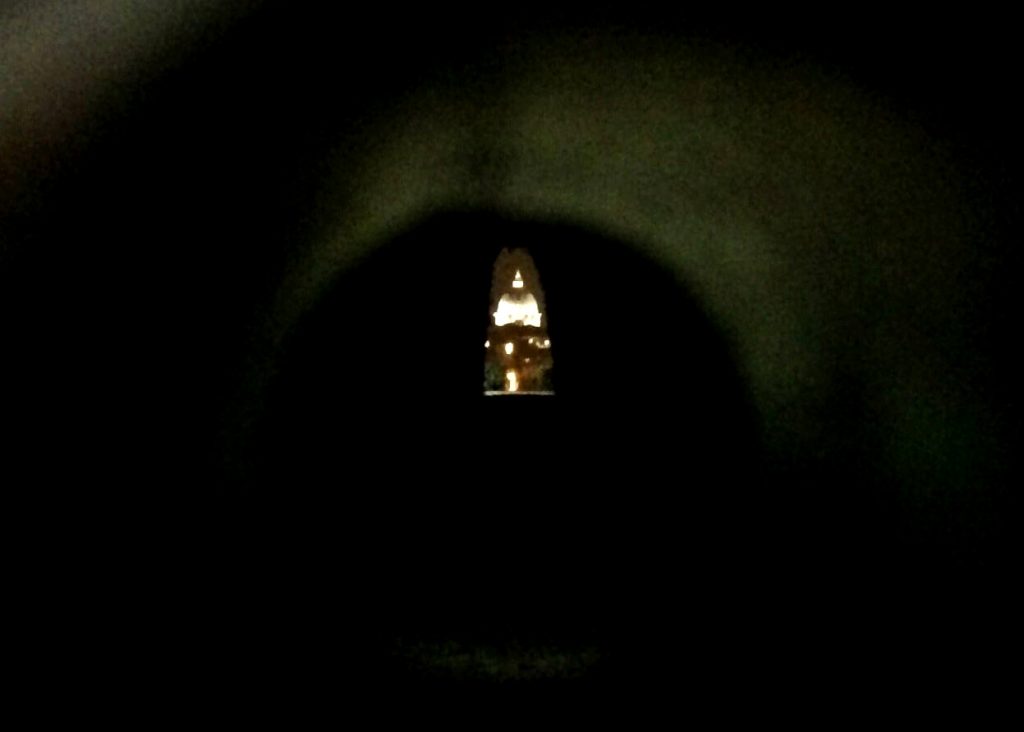
The former president of the Institute for Religious Works, commonly known as the Vatican Bank, has been sentenced to eight years and 11 months in prison for money laundering.
The sentence was handed down at a hearing on Thursday, January 21, by Giuseppe Pignatone, president of the Vatican City State tribunal.
The conclusion of the trial, which began in 2018, marks the first time that the Vatican has issued a prison sentence for financial crimes, said a report by the Catholic News Agency.
Angelo Caloia, 81, was president of the Institute for Religious Works from 1989 to 2009.
Caloia, and his lawyer, 97-year-old Gabriele Liuzzo, received the prison sentence for the crimes of money-laundering and aggravated embezzlement. They were also ordered to pay a fine of 12,500 euros or about US$15,204.
Liuzzo’s son, Lamberto Liuzzo, 55, was sentenced to five years and two months in prison and ordered to pay a fine of 8,000 euros (US$9,731) for money-laundering. He was acquitted of the charge of self-laundering.
The Vatican court also ordered the confiscation of the 32 million euros (US$39 million), which had already been seized from Caloia and Liuzzo’s bank accounts and ordered compensation be paid to the bank and its Italian-registered real estate company, SGIR, to the amount of about 23 million euros (US$28 million), as part of a separate civil suit.
The exact amount of the damages to be paid will be determined in the civil court.
The three defendants were also permanently banned from holding public office.
The Vatican court ordered Caloia and Liuzzo to stand trial in March 2018 after they were accused of participating in “unlawful conduct” from 2001 to 2008 during “the disposal of a considerable part of the institute’s real estate assets.”
Earlier media reports said the two men allegedly sold the bank’s real estate assets to themselves through offshore companies and firms in Luxembourg via “a complex shielding operation.”
The Institute for Religious Works was founded in 1942 under Pope Pius XII but can trace its roots back as far as 1887. It aims to hold and administer money designated for “religious works or charity,” according to its website.
It accepts deposits from legal entities or persons of the Holy See and of the Vatican City State. The main function of the bank is to manage bank accounts for religious orders and Catholic associations.
The Vatican Bank had 14,996 clients as of December 2019. Nearly half of clients are religious orders. Other clients include Vatican offices, apostolic nunciatures, episcopal conferences, parishes, and clergy.
Source: Licas Philippines
0 Comments